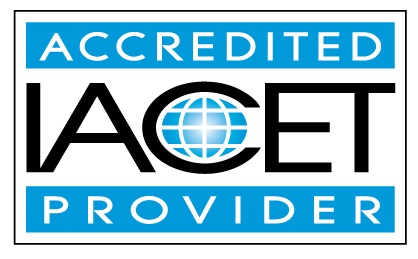Description
The Medicare National Coverage Determination for Mobility Assistive Equipment (MAE) includes canes, crutches, walkers, manual wheelchairs, power wheelchairs, and scooters. For many patients, a device is compensation for the mobility deficit to successfully regain safe, timely and/or independent function. Individuals with chronic medical conditions and long-term disabilities who have a permanent need for a wheelchair require a comprehensive, detailed evaluation of their physical, functional and environmental needs to allow clinicians and ATP suppliers to make appropriate Assistive Technology recommendations for a successful outcome.
This course will examine the questions outlined in the National Coverage Determination for Mobility Assistive Equipment; provide the clinician with practical tools to incorporate into the evaluation and documentation requirements; and assist the supplier in reading and interpreting the information provided for the equipment that is recommended.
Learning Outcomes:
The participant will be about to identify the algorithmic approach to mobility limitations and describe the effect mobility assistive equipment intervention has on beneficiary independence.
The participant will be about to name 4 considerations involved in the selection of a power mobility device.
The participant will be about to differentiate the performance characteristics of standard power mobility and complex rehab power wheelchairs to justify the medical need for the appropriate base.
Julie Piriano has worked in the seating and wheeled mobility industry for the past 35 years. She is VP of Clinical Education, Rehab Industry Affairs and serves as Pride’s Compliance Officer. She presents nationally and internationally on seating and wheeled mobility with a focus on evaluation, documentation and clinical applications of available technologies.
Julie served on the RESNA Board of Directors, currently serves as the Chair of the Professional Standards Board and is an active participant in the Wheeled Mobility and Seating SIG and the PT PSG. She is a Friend of NRRTS, member of the AAHomecare Complex Rehab and Mobility Council, the APTA and the Clinician Task Force. She serves on the NCART Medicaid Committee, the DMEMAC Advisory Councils, the board of several State Associations and the Mobility Management Editorial Board. Julie is a highly proactive industry resource on legislative and regulatory issues that impact the complex rehab industry.


